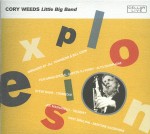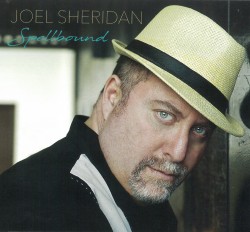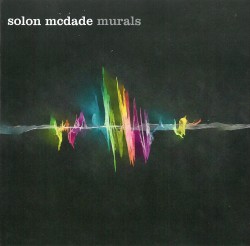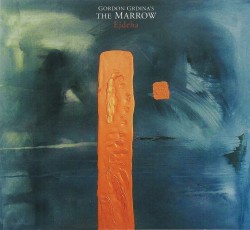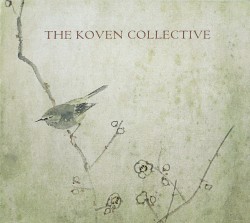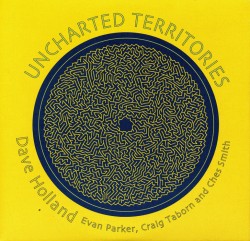Kinship - John Pittman; Shirantha Beddage; Jeff McLeod; Mike Downes; Curtis Nowosad
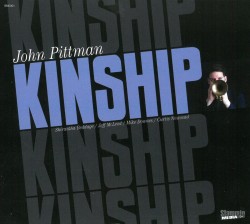 Kinship
Kinship
John Pittman; Shirantha Beddage; Jeff McLeod; Mike Downes; Curtis Nowosad
Slammin Media SMO001 (pittmanmusic.com)
Released on August 24 through the Toronto-based company Slammin’ Media, Kinship is the debut solo release from trumpeter/composer John Pittman. Pittman is a veteran member of the Heavyweights Brass Band – probably Toronto’s best-known New Orleans-style horn ensemble – and he has been a mainstay on the local scene for some time, performing with a wide range of musical artists. Pittman is joined on this outing by baritone saxophonist Shirantha Beddage, pianist Jeff McLeod, bassist Mike Downes and drummer Curtis Nowosad, all of whom share some degree of personal history with Pittman; the concept of kinship, as Pittman writes in his liner notes, is “at the heart of this album.”
Kinship starts with the up-tempo Ties That Bind, an exciting piece that sets the tone for the rest of the album, both musically and thematically. For Siobhan – written by Pittman for his wife – is a bouncy, backbeat-driven affair, with solid rhythm section playing, and Homio-stasis, a satisfying, swinging song, is as close to a standard as Kinship gets, featuring a blistering muted solo from Pittman and an articulate, lyrical contribution from Downes. Of the album’s eight songs, only two are covers: As, the Stevie Wonder classic, and Where Is The Love?, from the catalogue of the Black Eyed Peas. Throughout Kinship, Pittman’s trumpet is strong, athletic and mature, and – much like his arrangements – displays a winning combination of hard bop, New Orleans and modern jazz influences.



